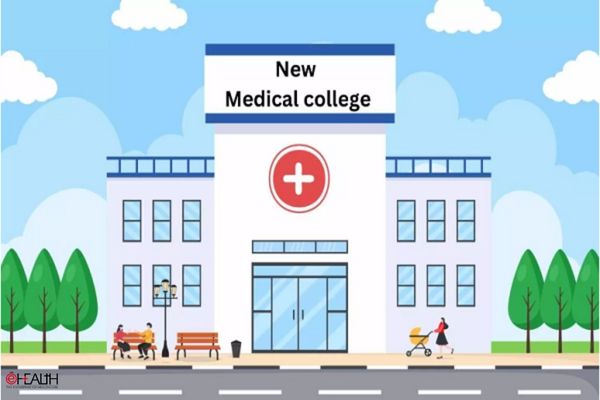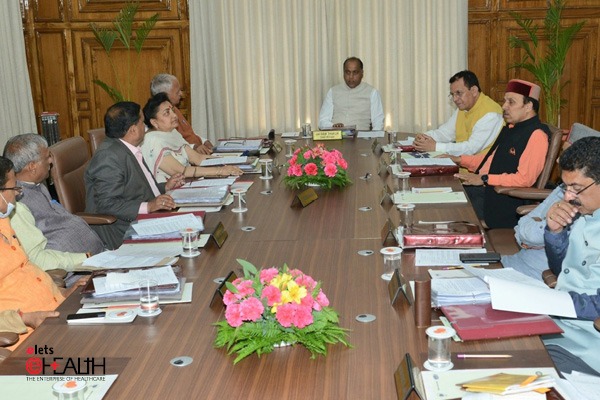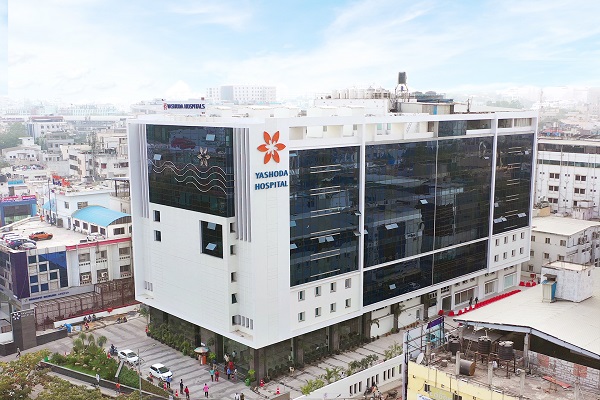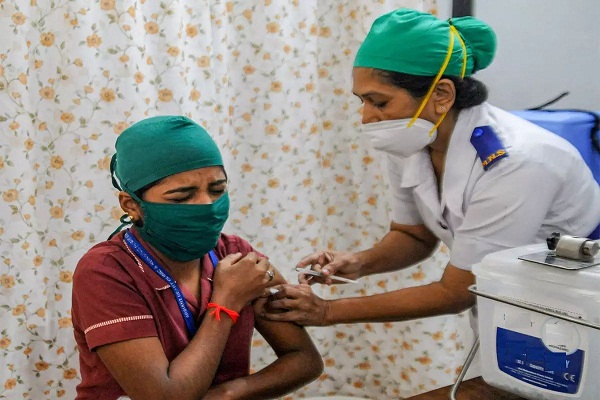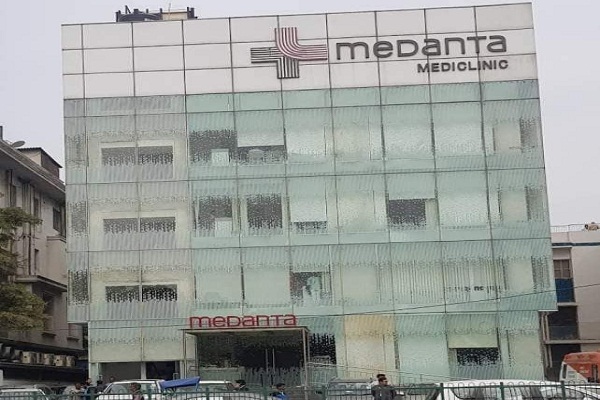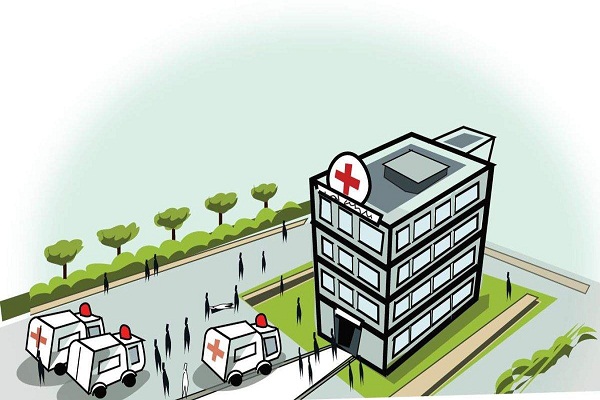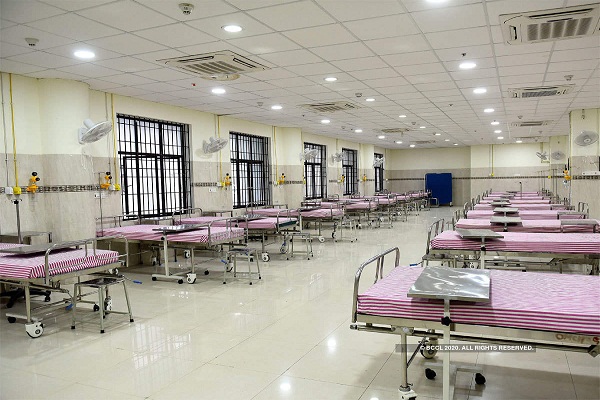

Dr. Anil Dhar – Neurosurgery, Dr. Yash Pandey – Medical Superintendent, Dr. Vaibhav Mishra – Senior. Consultant Cardio Thoracic Surgery, Mayank Nauni (Patient), Gagan Sehgal – Zonal Director, Fortis Hospital Noida (Left to Right)
A team of doctors from Fortis Hospital, Noida has removed a giant neurogenic tumour from the chest of a 31 year old patient in a lifesaving operation that lasted five hours.
The neurogenic tumour, arising from nerves within the patients chest, had grown to an enormous size. The surgery was led by Dr Vaibhav Mishra, Senior Consultant, Cardio Thoracic and Vascular Surgery, with support from Dr Manish Vaish, Senior Consultant, Neurosurgery and Dr Vipin Goyal, Senior Consultant, Anaesthesiology.

Mayank Nauni exhibited symptoms of severe chest pain. The diagnosis revealed a giant neurogenic tumour or Posterior mediastinal tumour in the chest, the size of a large coconut weighing seven kilograms. The resulting pressure, due to displacement and compression of the heart, major blood vessels and the food pipe, was intense as the tumour pressed against these organs. Arising from a Spinal nerve root, the tumour had eroded the vertebral body. These tumours are extremely uncommon and can be hereditary or caused by developmental malformations. They usually occur in patients aged 30 to 50 years, but can develop at any age.
Mediastinal tumours can be benign or cancerous growing in the area of the chest that separates the lungs. This area, called the mediastinum, is surrounded by the breastbone in front, the spine at the back, and the lungs on each side. Surgery in such cases is extremely challenging particularly if the patient has a muscular built. Other concomitant risks arising from the tumour include damage to major structures like the heart, aorta, food pipe and spinal cord as the tumour adheres to these structures. The expertise of the doctors was evident as no blood transfusion was required by the patient during the surgery.
Research reveals that five out of 41 (12%) patients have neurogenic tumours. Intra-thoracic neurogenic tumours occur predominantly in the mediastinum (90%). It is often impossible to establish the benign or malignant nature of these tumours, prior to surgery. Therefore, a wide surgical resection remains the cornerstone of such treatment and often requires the co-operative efforts of a multidisciplinary team of thoracic, plastic, and neurosurgeons.

These tumours are quite rare, and when they are of this size, they are termed Giant Schwannomas. The biggest challenge is to remove them completely, without causing collateral damage to neighbouring organs. Despite the odds, we were able to remove the tumour successfully minimizing the chances of any recurrence, said Dr Vaibhav Mishra, Senior Consultant, Department of Cardio-Thoracic and Vascular Surgery.
The tumour was arising from one of the nerves originating from the spinal cord. It was eroding the vertebral column and if not removed in time, it could have led to major complications including compression of vital structures, nerve palsy, malignant changes, extreme weakness or paralysis of the lower limbs. said Dr Manish Vaish, Senior Consultant, Neuro Surgery.
Such an operation requires tremendous expertise and great teamwork. We are confident of treating such complex cases and hope to continue to offer newer and better clinical modalities with predictable outcomes and high success rates, said Gagan Sehgal, Zonal Director, Fortis Hospital, Noida.
Be a part of Elets Collaborative Initiatives. Join Us for Upcoming Events and explore business opportunities. Like us on Facebook , connect with us on LinkedIn and follow us on Twitter , Instagram.



